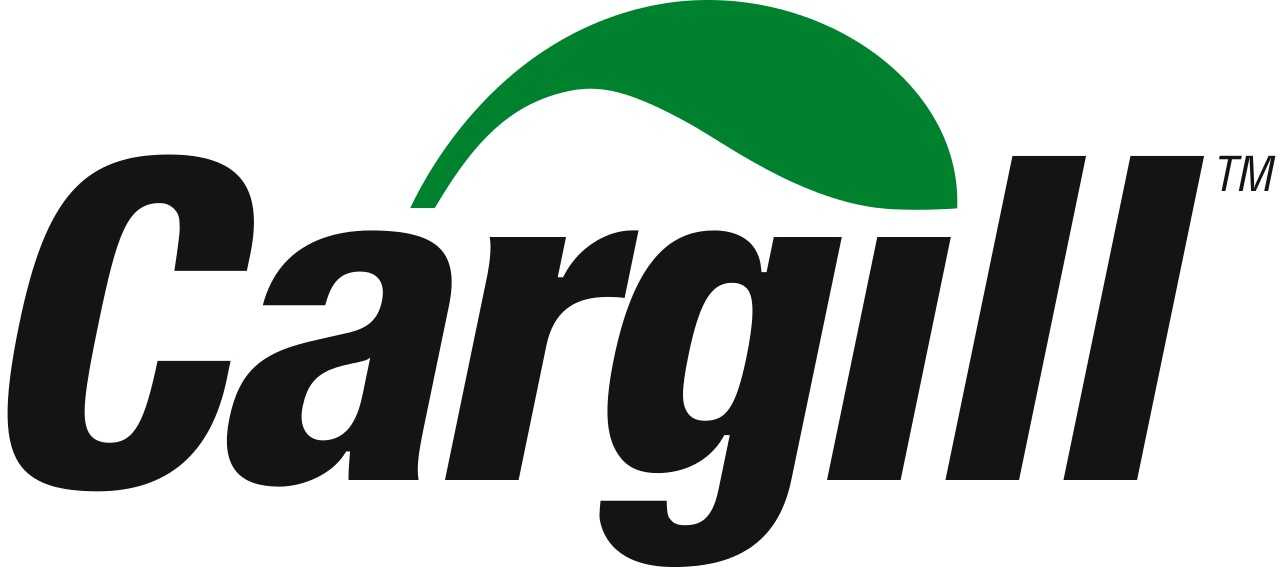MINNEAPOLIS – Cargill today reported last week results for the fiscal 2020 second quarter ended Nov. 30, 2019. Adjusted operating earnings were $1.02 billion, up 19% from $853 million last year. For the first half of the year, this brought adjusted earnings to $1.93 billion. Net earnings on a U.S. GAAP basis for the quarter were $1.19 billion, up 61% from a year ago.
The increase included gains from divesting Cargill’s malt business and financial subsidiary, CarVal Investors. Net earnings for the first half climbed 20% to $2.11 billion. Second-quarter revenues rose 4% to $29.2 billion. Six-month revenues totaled $58.2 billion, a 3% rise.
“We saw very good execution from our global teams throughout the quarter, as they focused on delivering what matters for our customers,” said Dave MacLennan, Cargill’s chairman and chief executive officer. “Our ongoing transformation, as well as recent acquisitions and expanded capabilities, are all helping us continue to raise our performance.”
Cargill ‘s Performance highlights
Adjusted operating earnings increased in two of Cargill’s four business segments: Animal Nutrition & Protein, and Industrial & Financial Services. They declined in Origination & Processing and Food Ingredients & Applications. Notable results include:
- Cargill’s protein businesses around the world were well prepared to meet opportunities from country-by-country changes in demand, shifts in global protein flows due to African swine fever and other market forces.
- Transformation efforts, recent acquisitions and capital investments all had positive impacts in businesses like animal nutrition and global poultry. Likewise, the ocean transportation business benefited from its readiness for the upcoming industry shift to low-sulphur fuels that began on Jan. 1, 2020.
- The company’s agricultural trading business stayed well-positioned across commodities, while some of the regional origination and processing businesses continued to feel the negative impact of trade uncertainty and weather disruptions, particularly in North America.
- Several global product lines of food ingredients saw softer results, including starches and sweeteners in Europe and Brazil, and edible oils in South America. Strong product deliveries kept cocoa and chocolate results near even with last year.
- The beneficial impact of wintry weather combined with production efficiency gave a boost to road safety salt results.
Innovation for growth
Cargill and joint venture partner Royal DSM began commercial-scale production of EverSweet® stevia sweetener in November at Cargill’s $50 million fermentation facility in Blair, Nebraska – the first of its kind in the U.S. This zero-calorie sweetener uses fermentation to create the two best-tasting molecules in the stevia leaf. In addition to providing scale, fermentation is much more sustainable than traditional leaf-based production, since these molecules make up less than 1% of the stevia leaf in nature.
The innovation has significant growth potential because it’s well-suited for many kinds of food and beverage applications such as soft drinks, flavored waters and teas, smoothies, yogurt, confections and ice creams. More than 300 customer trials and product development projects are currently in progress.
Far-reaching climate solutions
With a major presence in food and agriculture supply chains around the globe, Cargill is committed to protecting the planet’s vital natural resources. To that end, Cargill announced at the start of December that the company has adopted a Scope 3 target of reducing greenhouse gas emissions in its global supply chains by 30% per ton of product by 2030. The goal aligns with many of Cargill’s customers and has been approved by the Science Based Targets initiative (SBTi). It complements the company’s previously announced goal to reduce emissions from operations by 10% on an absolute basis by 2025. Along with the target, the company reinforced its commitment to the Paris Climate Accord through the We Are Still In coalition and pledged to the CEO climate statement.
To achieve the Scope 3 target, Cargill is focused on supply chain partnerships and solutions that benefit farmers, customers and the broader food system. This includes accelerating progress through the BeefUp Sustainability initiative, efforts to help farmers sequester carbon by maintaining healthier soils, reductions in carbon for sustainable shipping, and more.
“Without bold and decisive action by all involved in the production of food, climate change will destabilize the food system,” MacLennan said. “As with all areas of our business, we are innovating alongside our partners in the supply chain to make sure we can nourish a growing world for years to come.”


















